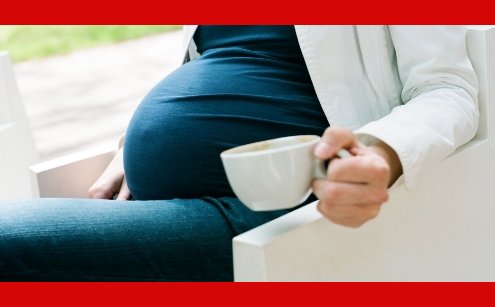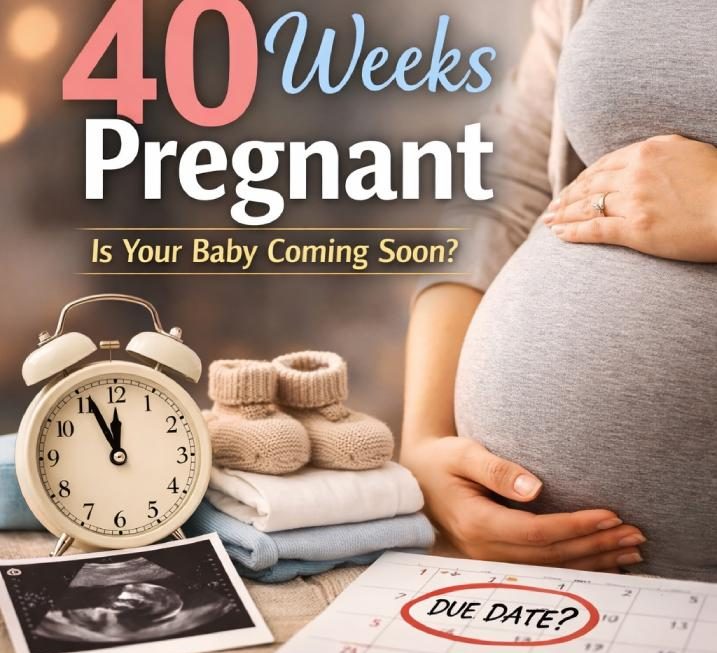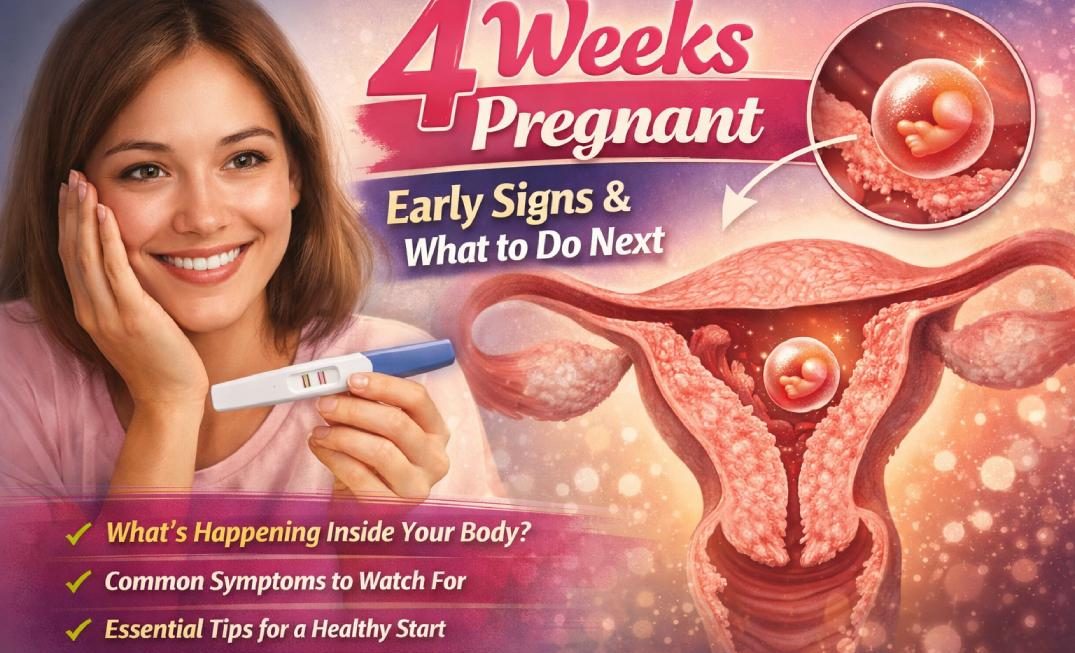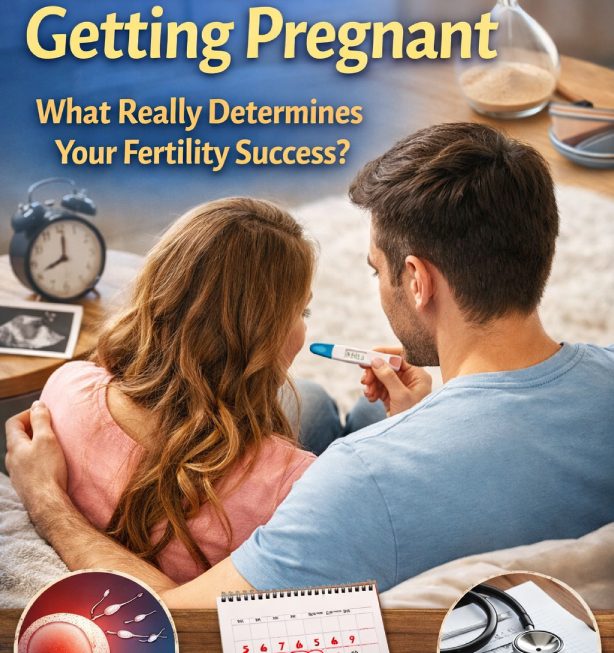Entering the first trimester of pregnancy is an exhilarating journey filled with wonder and excitement. However, it’s also a time of heightened caution, particularly regarding dietary choices. Among the many considerations, the role of caffeine consumption often raises questions and concerns among expectant mothers. We’ll delve into the intricacies of caffeine intake during the first trimester of pregnancy, addressing common queries and shedding light on its potential effects on both mother and baby.
Understanding Caffeine Consumption during the First Trimester
During the initial stages of pregnancy, many women are unsure about the safety of consuming caffeine. It’s crucial to navigate this aspect of your diet carefully, as caffeine has the potential to impact fetal development.
Is Caffeine Safe During the First Trimester?
Expectant mothers often wonder whether it’s safe to indulge in their favorite caffeinated beverages during the first trimester. While moderate caffeine intake is generally considered safe, excessive consumption may pose risks.
Caffeine crosses the placenta, meaning that when you consume it, your baby does too. This can affect the baby’s heart rate and metabolism, potentially leading to complications.
How Much Caffeine is Safe?
Experts recommend limiting caffeine intake during pregnancy to 200 milligrams per day, equivalent to about one 12-ounce cup of coffee. However, it’s essential to remember that caffeine content varies across beverages, so it’s crucial to monitor your consumption carefully.
What Are the Risks of Excessive Caffeine Intake?
Excessive caffeine consumption during the first trimester has been linked to an increased risk of miscarriage, low birth weight, and preterm birth. Additionally, it may interfere with the body’s ability to absorb iron, a vital nutrient during pregnancy.
Navigating Caffeine Sources
Caffeine isn’t just found in coffee; it lurks in various beverages and foods, making it essential to be mindful of your overall intake.
Beyond Coffee: Hidden Sources of Caffeine
While coffee is the most well-known source of caffeine, it’s not the only one. Tea, soda, energy drinks, and even certain medications may contain significant amounts of caffeine. It’s crucial to read labels carefully and be aware of the caffeine content in these products.
Decaffeinated Options: Are They Safe?
Many expectant mothers opt for decaffeinated versions of their favorite beverages to reduce their caffeine intake. While decaf coffee and tea are generally considered safe, it’s essential to choose reputable brands and ensure that they’re free from harmful chemicals.
Coping with Caffeine Withdrawal
Cutting back on caffeine can be challenging, especially if you’re accustomed to consuming it regularly. However, there are strategies you can employ to manage withdrawal symptoms effectively.
Gradual Reduction: A Gentle Approach
Instead of quitting caffeine cold turkey, consider gradually reducing your intake to minimize withdrawal symptoms. Start by substituting one caffeinated beverage with a decaffeinated alternative each day until you reach your desired intake level.
Stay Hydrated: Water Is Your Best Friend
Staying hydrated can help alleviate caffeine withdrawal symptoms such as headaches and fatigue. Aim to drink plenty of water throughout the day to flush out toxins and support your body’s natural detoxification process.
FAQs on Caffeine Consumption in the First Trimester
Q: Can I drink coffee during my first trimester? A: Yes, but moderation is key. Stick to less than 200 mg of caffeine per day, equivalent to about one 12-ounce cup of coffee.
Q: Are there hidden sources of caffeine I should be aware of? A: Absolutely. Caffeine can be found in chocolate, some soft drinks, tea, and even certain medications. Keep a tab on all your sources to stay within the safe limit.
Q: How does caffeine affect my developing baby? A: Caffeine crosses the placenta and can reach your baby. High levels of caffeine intake have been associated with risks such as low birth weight and increased risk of miscarriage.
Q: Is decaf coffee a safe alternative during pregnancy? A: Decaf coffee contains minimal caffeine and can be a safer alternative if you’re craving the taste of coffee without the caffeine punch.
Q: How can I track my caffeine intake? A: Start by noting the caffeine content in common beverages and foods you consume. Use this as a guide to manage your daily intake and stay within recommended limits.
This article is intended for informational purposes only and should not replace professional medical advice. Always consult with your healthcare provider regarding caffeine intake during pregnancy.



